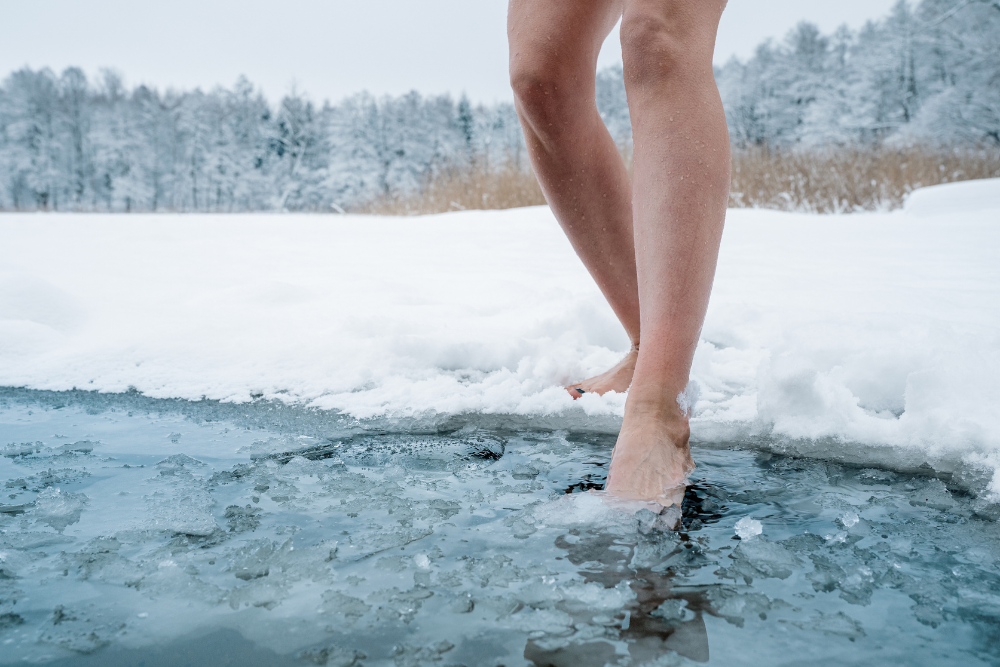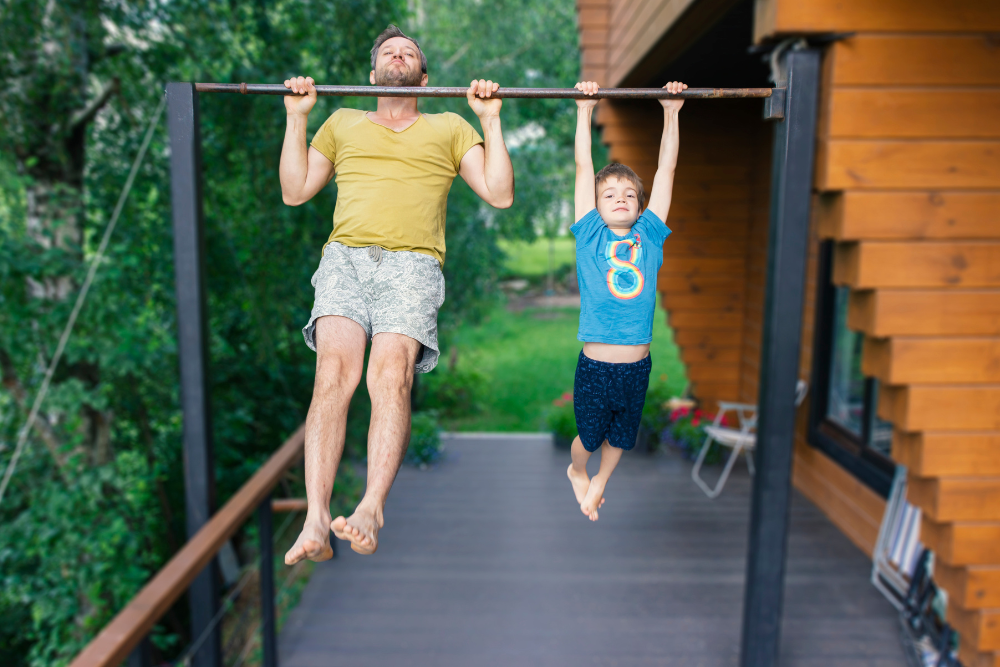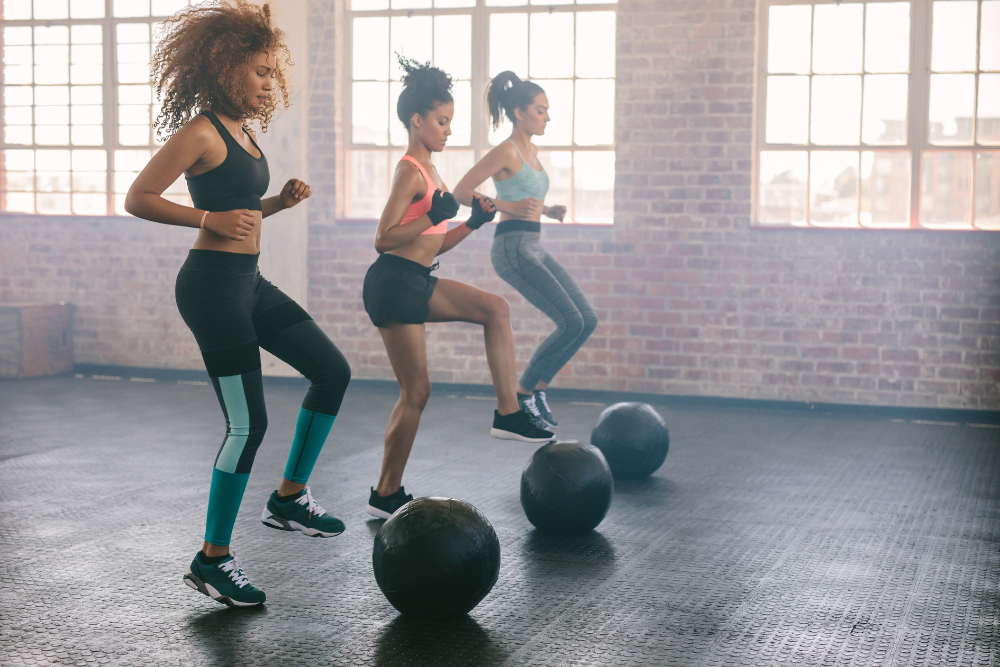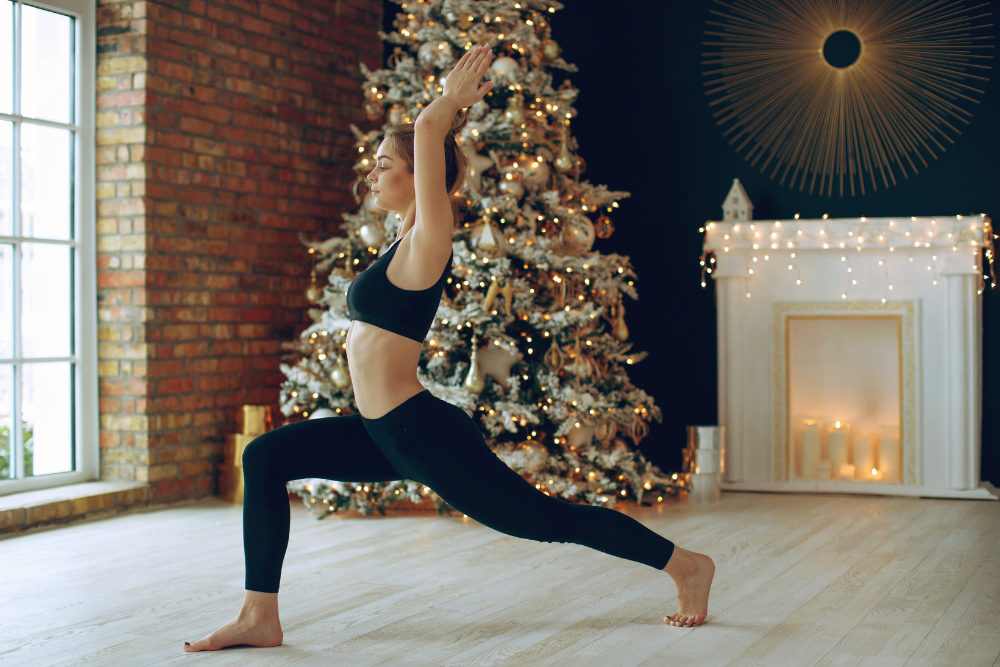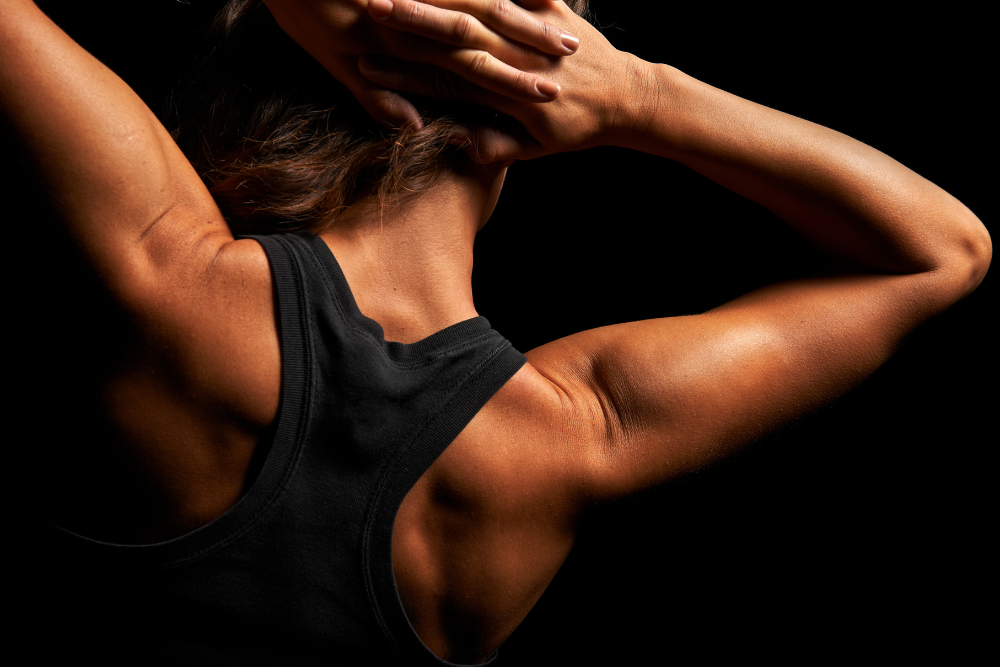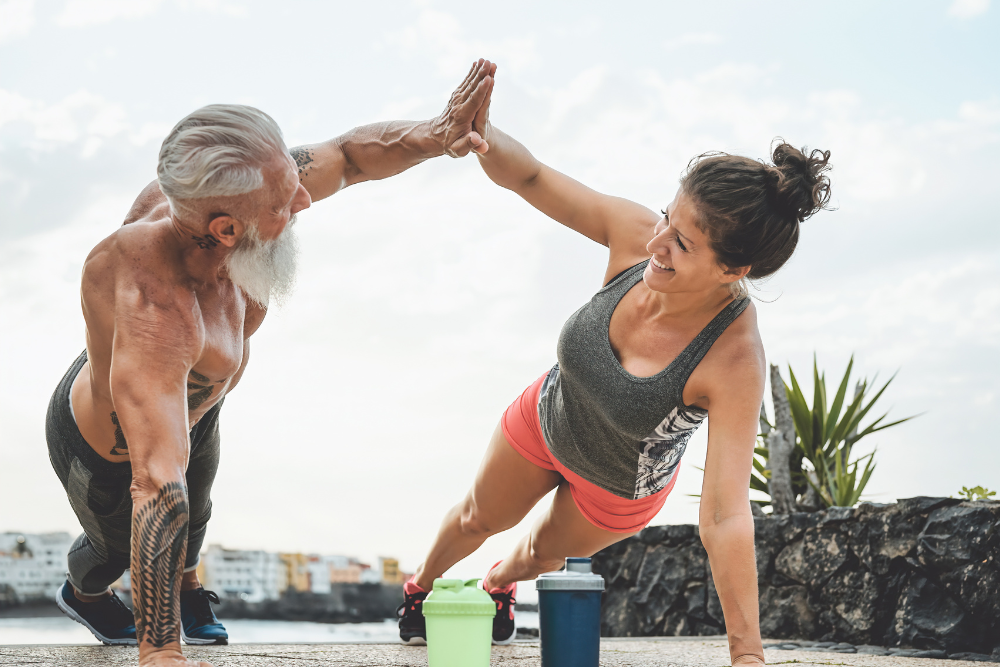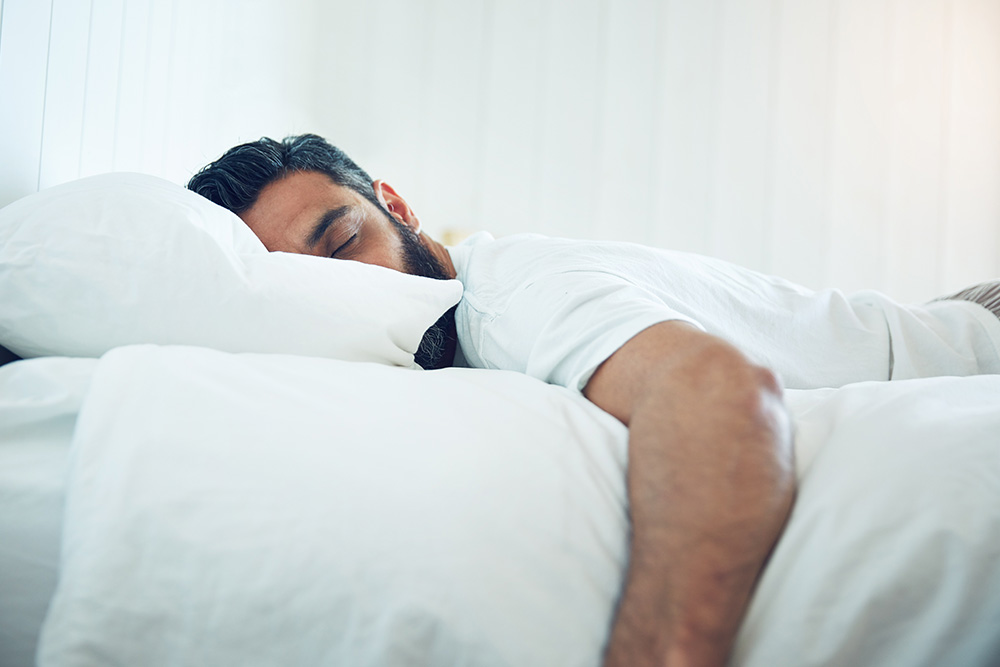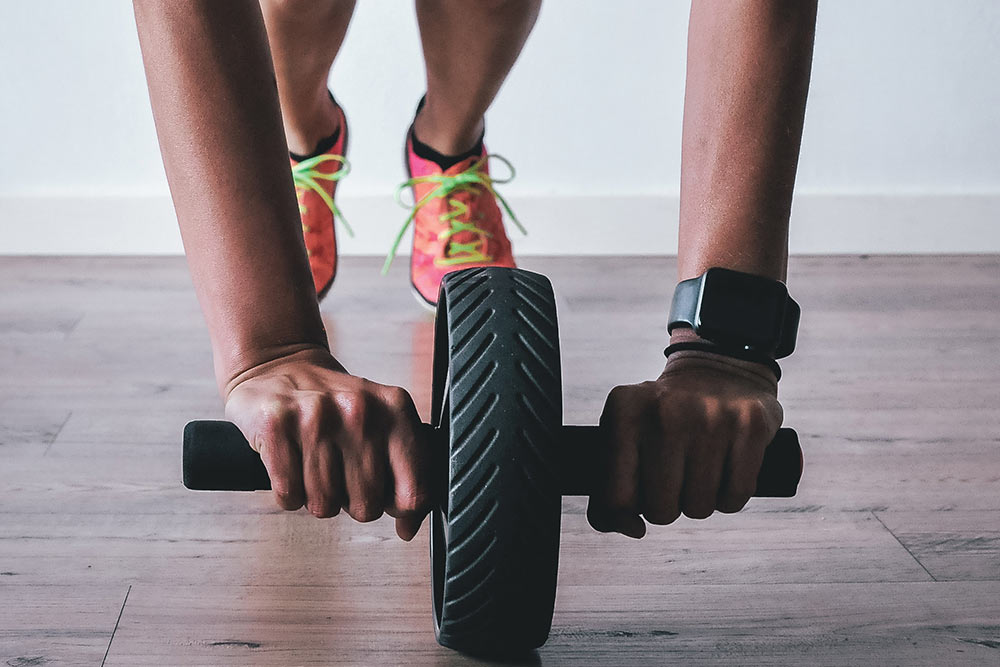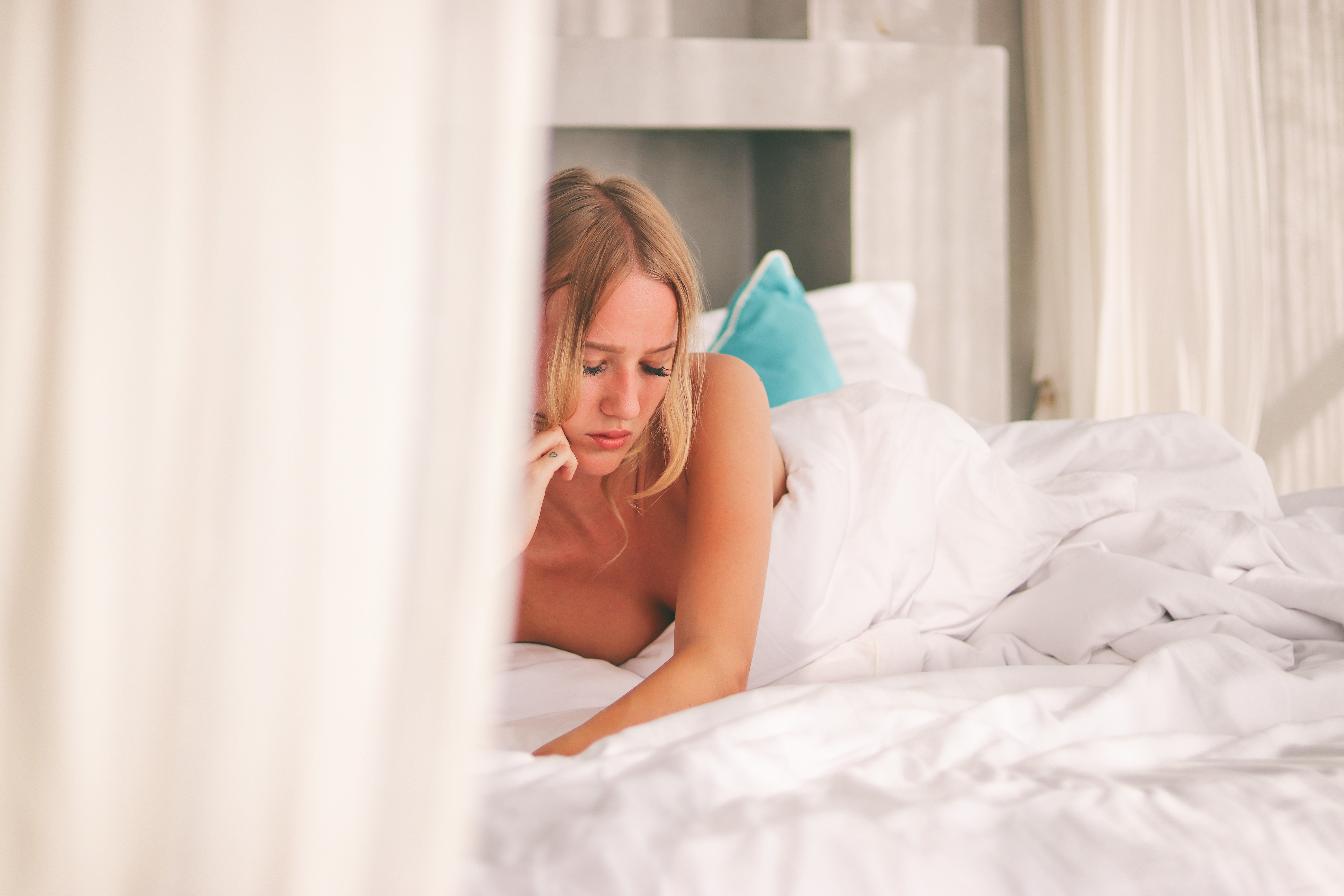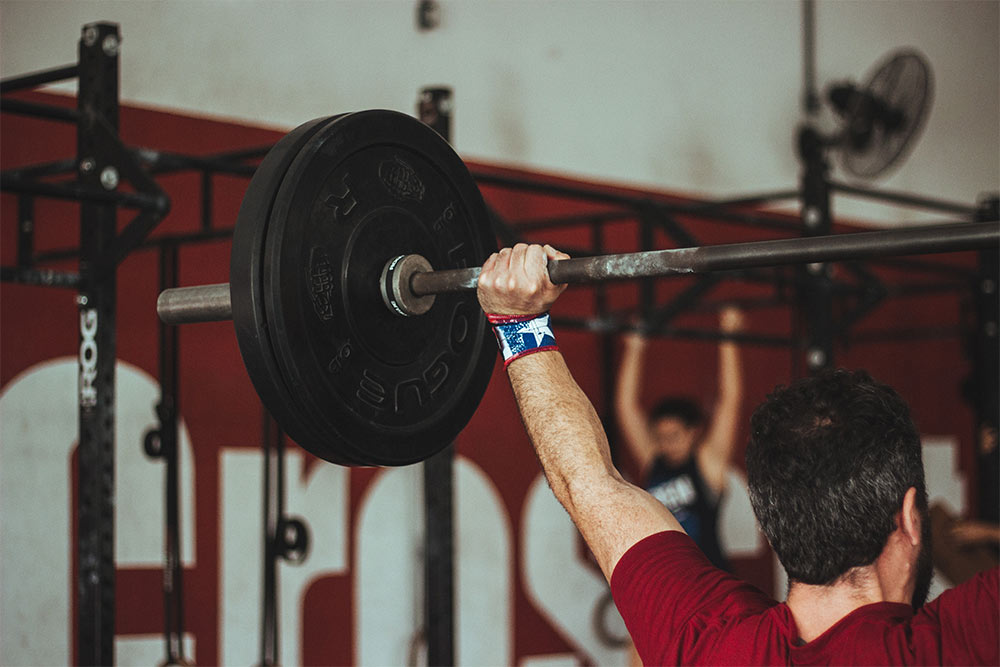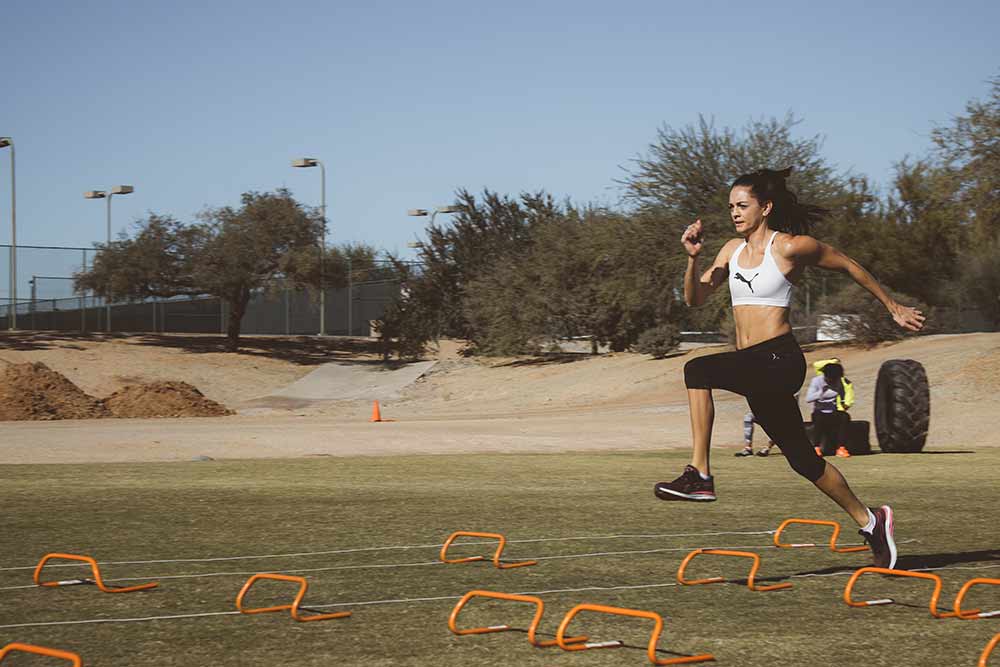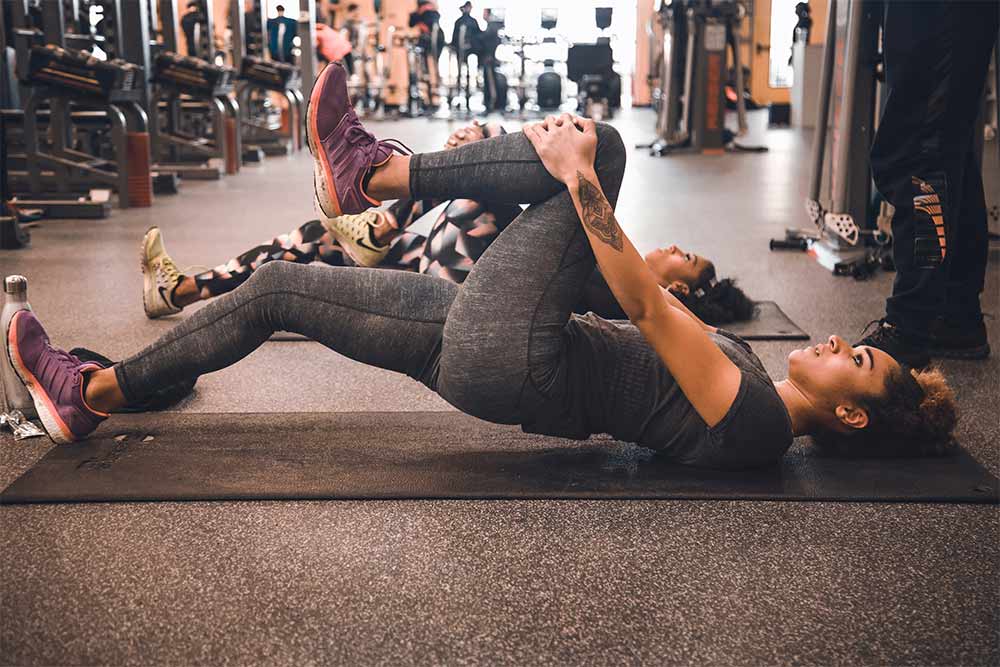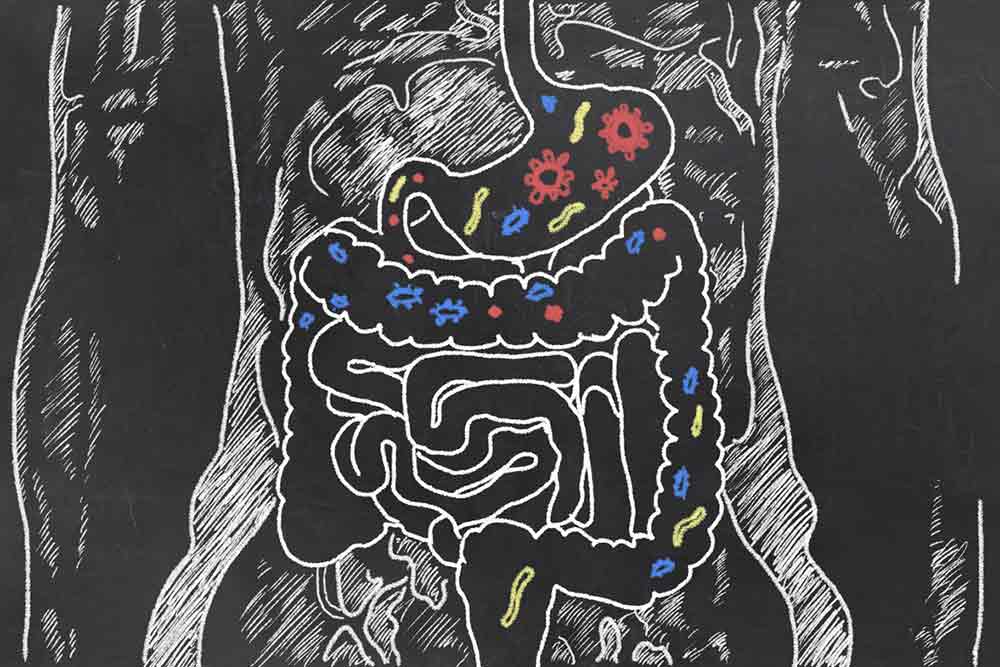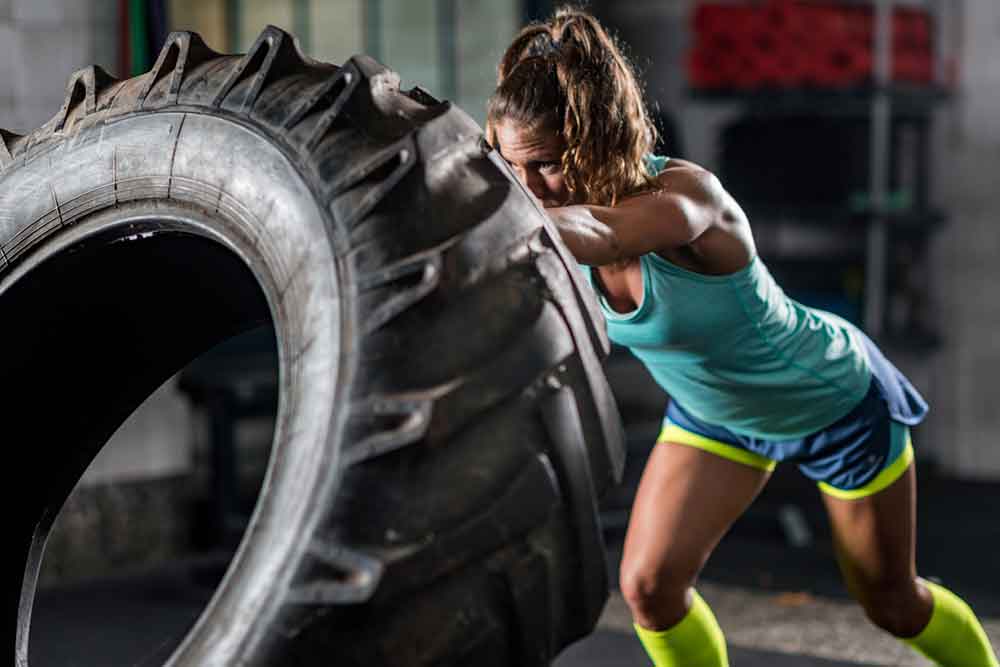3 Ways Elite Athletes’ Training Affects Sleep & Wake Behaviors
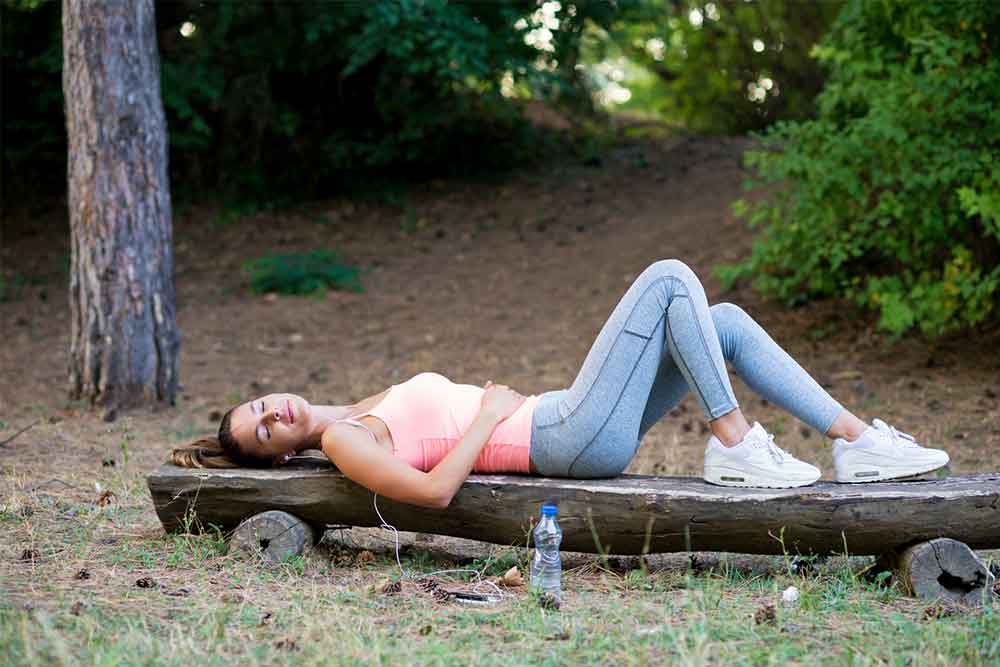
Alyssa Bialowas
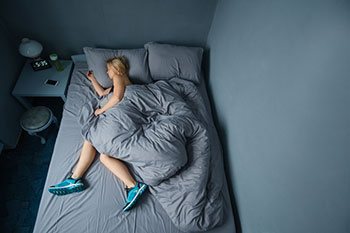 Elite athletes undertake extensive training and physical demands. This can affect their daily life, including their sleep patterns and behaviors. Australian Rules football, rugby union and soccer are three of the most popular football codes played in Australia. Each sport has various demands on players due to the physical contact, types of movement and game rules. Due to the differences in gameplay between these three sports it’s likely that their method of training differs, which could impact the sleep/wake behavior of athletes in these sports. The current study by Miller et al. (2017) examines these three sports and the way training affects the athletes’ sleep/wake behaviors.
Elite athletes undertake extensive training and physical demands. This can affect their daily life, including their sleep patterns and behaviors. Australian Rules football, rugby union and soccer are three of the most popular football codes played in Australia. Each sport has various demands on players due to the physical contact, types of movement and game rules. Due to the differences in gameplay between these three sports it’s likely that their method of training differs, which could impact the sleep/wake behavior of athletes in these sports. The current study by Miller et al. (2017) examines these three sports and the way training affects the athletes’ sleep/wake behaviors.
Related Article: 5 Exercises To Improve Your Sleep
The Study
There were 51 professional male athlete participants who took part in this study; 16 athletes from Australian Rules football, 28 rugby union players; and 7 soccer players. The sleep/wake behaviors of the athletes were recorded for a minimum of seven nights. Participants wrote a sleep diary and wore an activity monitor on their non-dominant wrist to objectively evaluate sleep/wake behaviors and timing of sleep periods.
The following are the sleep-related dependent variables that were evaluated in the study: bedtime; get up time; time in bed; sleep onset latency; sleep duration; wake during sleep; total sleep time; movement fragmentation index (based on the level of activity and the number of transitions between mobility and immobility within a sleep period); and mean activity score (the sum of activity counts between sleep onset and offset divided by the number of epochs between sleep onset and offset).
The results in this study suggest 3 ways elite athletes’ training affects their sleep/wake behaviors.
1.
The most significant result of this study was the Australian Rules footballers experienced more sleep disturbances than rugby union players and soccer players. The authors suggest that the combination of high aerobic demand and high physical contact of their training may explain the sleep disturbances, signifying that training does have a significant effect on sleep behaviors.
2.
It was also found that Australian Rules footballers spent longer in bed, took longer to fall asleep, spent more minutes awake during sleep and recorded a higher amount of movement during sleep.
3.
Australian Rules footballers went to bed and woke up earlier than rugby union players and soccer players, but there were no significant differences in total sleep time between the three groups.
All of these factors suggest that even though Australian Rules footballers should have had the longest sleep since they spent more time in bed, their sleep disturbances caused them to have a shorter sleep time.
The Takeaway
The findings of this study suggest that the high training demand of elite athletes may result in increased sleep disturbances, especially in those athletes who perform Australian Rule football. Sleep is one of the key steps to ultimate performance and sleep behaviors shouldn’t be taken lightly. In terms of the combined impact of physical contact and aerobic exercise on the sleep/wake behaviors of football players, further research needs to be completed.
Related Article: Is Quality Sleep A Predictor For Sports Injury?
References
Miller, D.J., Sargent, C., Vincent, G.E., Roach, G.D., Halson, S.L., and Lastella, M. (2017). “Sleep/Wake Behaviours in Elite Athletes from Three Different Football Codes.” Journal of Sports Science and Medicine, 16, 604-605.
You Might Like:

